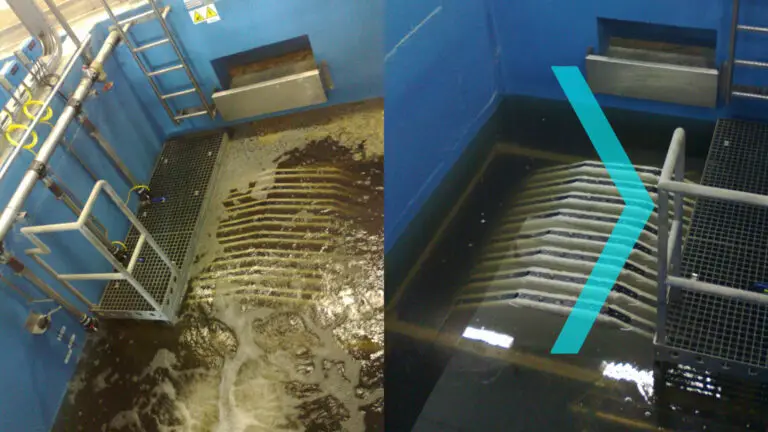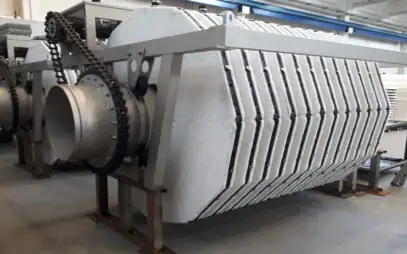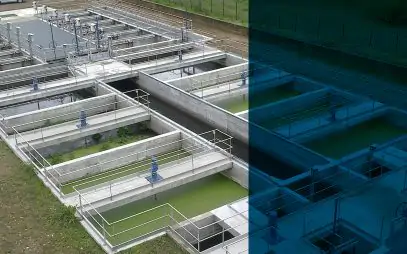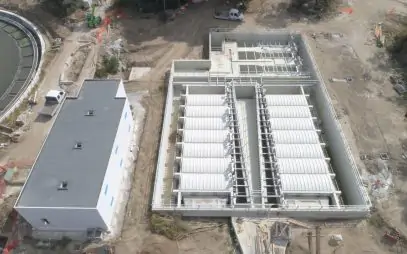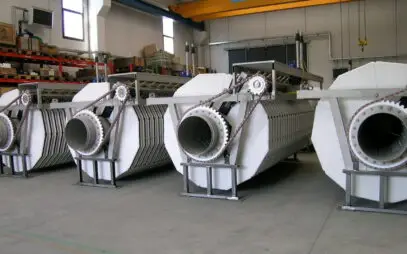1. Context of installation
The Autonomous Province of Trento – Purification Agency is a public agency that manages the wastewater treatment service in the province of Trento. The Storo (Province of Trento, Italy) plant is one of the main wastewater treatment plants in the province.
In 2011, the Storo plant underwent an upgrade of the finishing part of the tertiary treatment: in this context, MITA Water Technologies S.r.l. contributed to the construction of the cloth filtration section.
The objective was to remove suspended solids that may leak from the secondary settling and those formed in the phosphorus post-precipitation section. The expected value of total suspended solids (TSS) for discharge to surface water body was less than 10 mg/l.
The amount of total suspended solids at the inlet was less than 40 mg/l. Water flow rate per hour: 1,000 m3/h.
2. Proposed solution
MITA Water Technologies proposed the installation of three cloth disk filters, model MSF 8/40 PEC. The total filter surface area is 120 m2, enabling the expected value for the TSS parameter to be achieved.
3. Results and key success factors
The upgrading of the cloth filtration section of the Storo plant achieved a very significant set of objectives.
- Reduction of the TSS value from 40 mg/l to less than 10 mg/l, in line with legal parameters.
- Reduction of the impact on the environment of the discharge of purified water, in accordance with regulations.
- Minimization of energy use.
- Smaller footprint than other tertiary filtration systems.
- Simple operation and maintenance.
Ask for Information